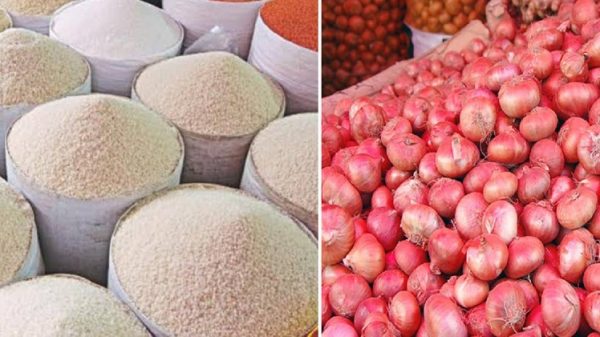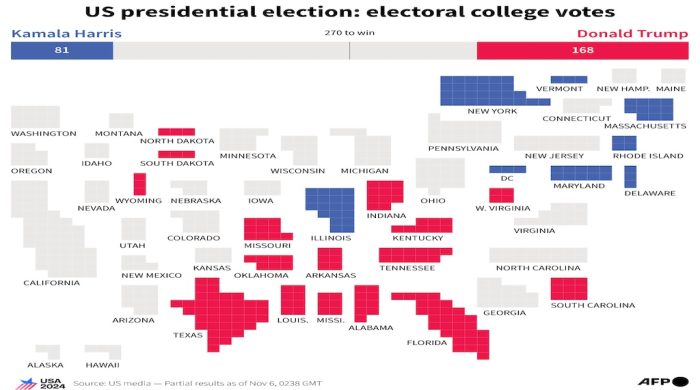No syndicate behind rice, onion price hike: BIDS analysts

- Update Time : Monday, December 2, 2019
- 159 Time View

Claiming that there was no syndicate behind rice and onion price hike in the country, BIDS researchers and economists on Sunday suggested the government to conduct a study properly on the production and demand of essential items to stabilise the market.
“There’s no syndicate behind the hike in the prices of rice or onion. The prices have gone up following a supply crunch which is an economic system. So, the government should carry out a study properly on the production and market demand of essential items to stabilise the market,” said Dr Nazneen Ahmed, a senior research fellow of BIDS (Bangladesh Institute of Development Studies).
She was presenting a keynote paper titled ‘Rice Market in Bangladesh: Role of Key Intermediaries’ on the opening day of the two-day BIDS Research Almanac-2019 at a city hotel.
BIDS Research Fellow Dr Mohammad Mainul Hoque and Research Associate Nahian Azad Shashi also read out parts of the paper.
Nazneen said the government needs to have a proper plan and market monitoring to control the prices of goods. “We know there’s a supply crunch of rice in the market in October and November. So, the government should devise a plan beforehand on how much rice is produced this year and how much is needed to fulfill the demand. If there’s a huge gap, the government has to import rice and stockpile it beforehand,” she added.
Economist Mohammad Shahjahan Siddiqui claimed that the syndicate issue was created by political leaders and media. “There’s no syndicate behind the price hike. We came to know earlier that the onion production was lower globally this year. We also informed the government that a crisis might be created here. Then why did the government not take proper initiative?” he said.
According to the keynote paper, the dominant rice value chain is the traditional one in which the millers produce rice for the bulk market. The rice flow to consumers takes place through the market intermediaries or different value chain actors such as middlemen, traders, millers, hoarders, commission agents, wholesalers and retailers.
Bangladesh is in the 5th position among the top rice-producing countries in the world contributing 4.98 percent of the total production, according to FAO.
According to the Department of Agricultural Extension (DAE), Bangladesh produced 1.53 crore tonnes of Aman paddy in FY’19.
Dr Shamsul Alam, Senior Secretary and Member of the General Economics Division (GED), Planning Commission, said there is an information gap in various fields. “The onion import depends on production. The shortage of the item is only about 1 lakh tonnes if the production is 23 lakh tonnes in the country,” he added.
Dr KAS Murshid, director general of the BIDS, said they need to work more and expand research in the future.
Meanwhile, the Food Ministry on Sunday formed three committees and set up a control room to monitor the retail markets of rice in the capital.

























